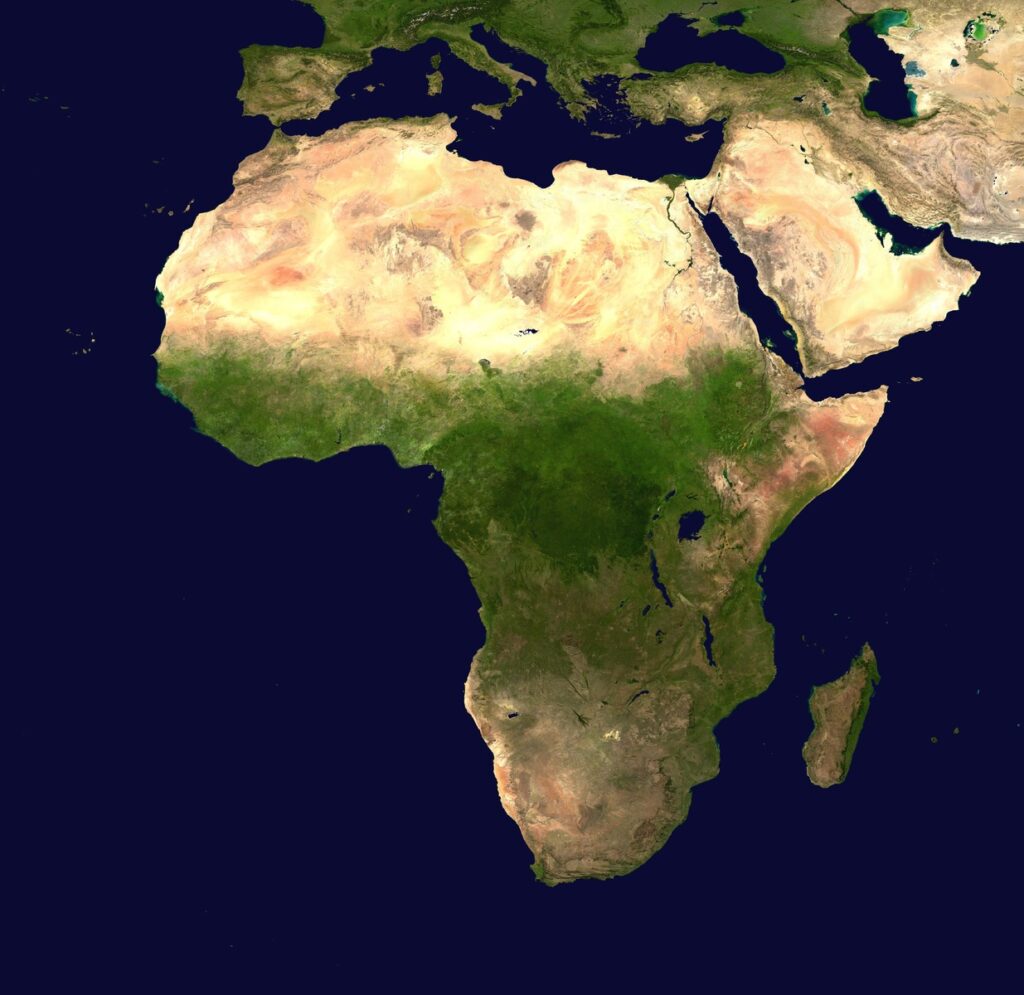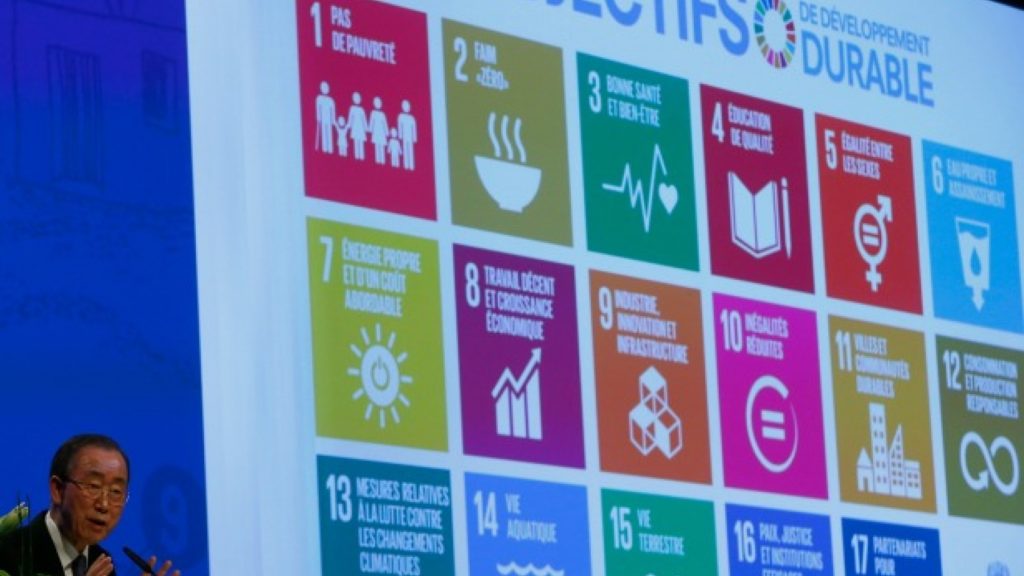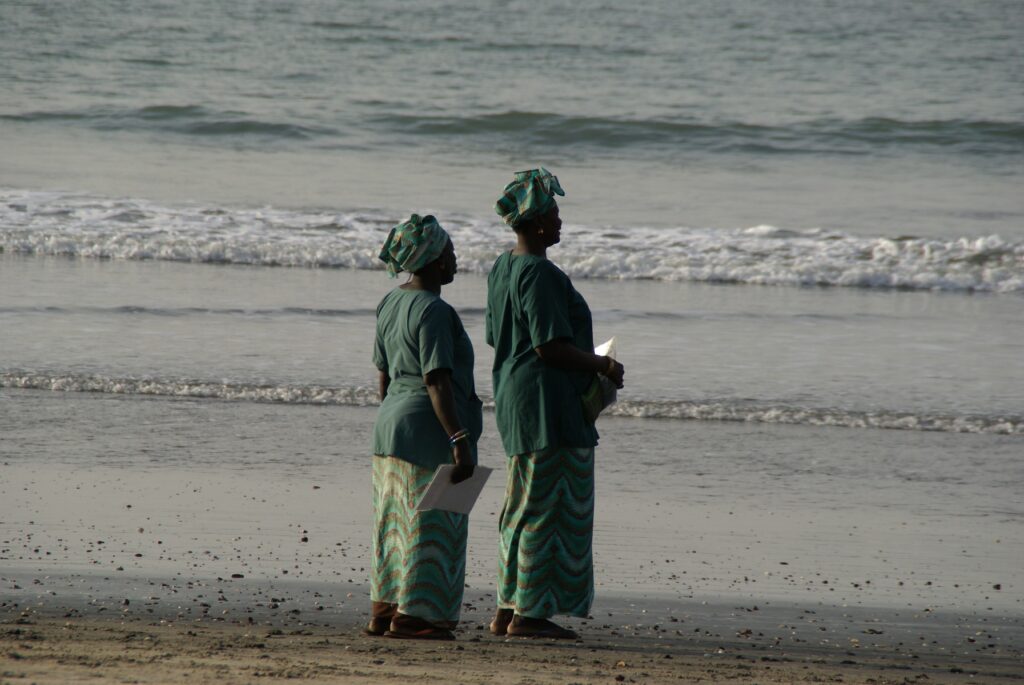Opinion – International Court of Justice Advisory Opinion on Climate Change: Setting Legal Standards for States

ABSTRACT The unanimous advisory opinion of the International Court of Justice (ICJ) responds to inquiries concerning State obligations to address climate change posed by the United Nations General Assembly in 2023. It examined the obligations of States under the climate change treaty framework, customary international law, other relevant environmental treaties, the law of the […]
The Economic and Socio-Political Impact of Religion in the Senegambia Region: A Case of Mouridism

ABSTRACT The paper focuses on the Senegambia region (The Gambia and Senegal), which shares the same socio-cultural and religious identity, although separated by a boundary during the colonial era. The paper proceeds as follows. It presents the historical background of Sufi brotherhoods, particularly Mouridism in Senegambia. It examines the socio-political and economic […]
Recognition Over Performance: A Critical Review of ESG Practices in Vietnam

ABSTRACT No Vietnamese companies studied within our samples have registered a net-zero target with the Science Based Target initiative (SBTi). In general, this paper explores contradictions in Environmental, Social, and Governance (ESG) practices, and using Vietnam as a case. It highlights a growing gap between corporate ESG acknowledgment and actual performance through a narrative literature […]
The Central Role of Ecosystem Services in the Agroforestry Transition in Rwanda

A B S T R A C T The transition to agroforestry through enhancing ecosystem services is pivotal in achieving Sustainable Development Goals (SDGs) in developing countries, including Rwanda. This study examines the centrality of ecosystem services in influencing widescale agroforestry adoption for its socioeconomic and environmental benefits. Data was collected from 920 households […]
Vietnam’s Economic Transformation: Successes, Challenges, and Strategies for Sustainable Growth

ABSTRACT Vietnam’s post-1986 transition from a war-torn, centrally planned economy to a market-oriented system following the “Doi Moi” (reforms) offers a compelling case study in development economics. This paper analyzes Vietnam’s substantial achievements in poverty alleviation, public health, and socioeconomic advancement, which were facilitated by strategic economic diplomacy, foreign direct investment (FDI), and focused […]
The Triple-E Mediation Model: Beyond Monolithic Truths: Integrating Anekantavada, Sulh, and Satyagraha in Interfaith Conflict Resolution Model

ABSTRACT This article presents a groundbreaking integrative framework for interfaith conflict resolution by synthesising three profound religious traditions: Anekantavada from Jainism, Sulh from Islam, and Satyagraha from Gandhian Hinduism. While contemporary mediation models predominantly rely on secular Western paradigms, this study argues for the critical importance of incorporating epistemologically rich, culturally embedded faith-based approaches […]
Effectiveness of Integrated Vector Management for Controlling Aedes Aegypti and Aedes Albopictus Mosquitos and Managing Dengue in Tharu Village, Chitwan, Nepal

ABSTRACT The study evaluated the effectiveness of tailored Integrated Vector Management (IVM) in controlling Aedes aegypti and Aedes albopictus mosquito populations and managing dengue fever in Tharu village, Chitwan, Nepal. The IVM strategy, informed by the Ecosystem-Based Management (EBM), Health Belief Model (HBM), and Social-Ecological Model (SEM), combined larviciding, source reduction, environmental sanitation, and […]
From Lifeline to Lifeblood: Reframing Food Diplomacy to improve Health Outcomes and meaningfully combat Food Insecurity

ABSTRACT Food security remains an urgent and multifaceted challenge, particularly in the developing world, where it intersects with conflict, poverty, and anthropogenic climate change. This paper explores how food insecurity is both a cause and consequence of geopolitical instability, exacerbated by war, ethnic marginalization, socio-economic inequality, and the politicization of humanitarian aid. While food […]
Healthcare Access for Indigenous Communities in Rural Canada: A Narrative Review and Interdisciplinary Framework for Action

ABSTRACT Indigenous communities in rural Canada face persistent barriers to accessing equitable healthcare services. These challenges stem from a confluence of factors, including geographic isolation, systemic racism, jurisdictional complexities, and cultural insensitivity within healthcare systems. This narrative review examines these multifaceted barriers and proposes an interdisciplinary framework to enhance healthcare access for Indigenous populations in […]
Cultural and Religious Modern Values in the Indian Mediation System

ABSTRACT Many disputes depend on cultural barriers. Due to this, clear communication and effective resolution across the globe are impossible. Religious leaders and diplomats must take part in effective mediation to enable the parties to resolve the dispute. Otherwise, if the resolution does not come forth, war is possible. This paper investigates the foundations and […]
